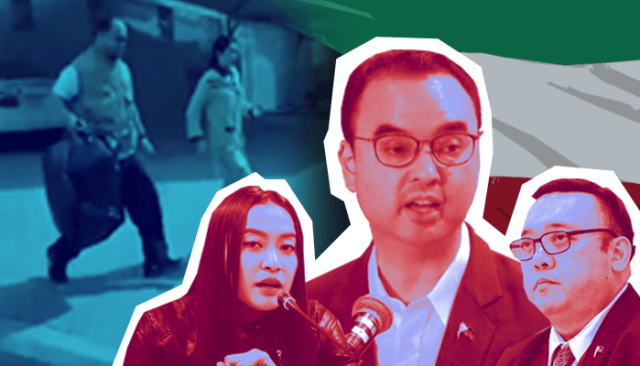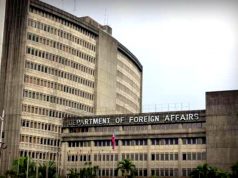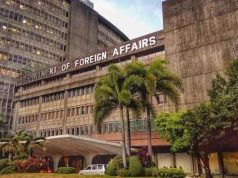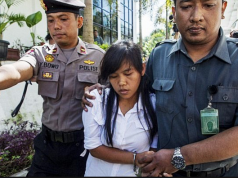
A day before Kuwait declared the Philippine ambassador persona non-grata and told him to leave, Filipino government officials proclaimed that all was well with the oil-rich gulf state.
Department of Foreign Affairs Secretary Alan Peter Cayetano personally apologized to the Kuwaiti ambassador in the Philippines after the embassy there “rescued” distressed Filipino household workers; a video of which was released to the public.
Palace spokesman Harry Roque said President Duterte met with the Kuwaiti envoy and was able to get “the result that he wanted” through his negotiating style that “inspires friendship and confidence.”
“He treated the Kuwaiti ambassador like a friend, so the ambassador will reciprocate as well. Any conflict between friends can be fixed with this style,” Roque said in a press briefing.
He added that they “parted on a positive note.”
Presidential Communications Operations Office Assistant Secretary Mocha Uson likewise trumpeted that all was well by sharing a news report of state-run tv station PTV and saying: “Told you we can trust the president. Duterte is good at those things.”
Persona non-grata and expulsion
The relations between Philippines and Kuwait turned sour instead.
The Kuwait Foreign Ministry declared the Philippines’ envoy as persona non-grata on Wednesday and gave him one week to leave the country.
Kuwait also recalled their own ambassador to the Philippines “for consultation.”
Kuwait said that the Philippine embassy’s “rescue” operations released to the public in a video violated diplomatic norms and infringed on their sovereignty.
The said video was released prominently online by personalities supportive of the government such as RJ Nieto who runs the online page “Thinking Pinoy”.
Philippine Ambassador to Kuwait Renato Villa’s actions were condemned by the Kuwait Foreign Ministry because he allegedly led the “rescue” mission. They called it a “flagrant and grave breach of rules and regulations that govern diplomatic action.”
Following the expulsion, Cayetano denied any covert mission was conducted as shown in the video and clarified that the operations were coordinated with local authorities.
“We still did not break Kuwaiti law by knocking. We did not go into the houses. We did not take the law in our hands,” Cayetano said in a press conference.
History of diplomatic relations
There are more than 250,000 documented Filipino workers in Kuwait, majority of which are household domestic workers.
According to data from the Philippine Overseas Employment Administration (POEA) in 2010, many overseas employees there also work in clerical-related and production-related jobs.
The diplomatic relations between Kuwait and the Philippines go way back when the country recognized the independence of the gulf state in September 1961.
In 1979, the Philippines opened an embassy in Kuwait, while Kuwait opened its embassy in Manila in 1996.








